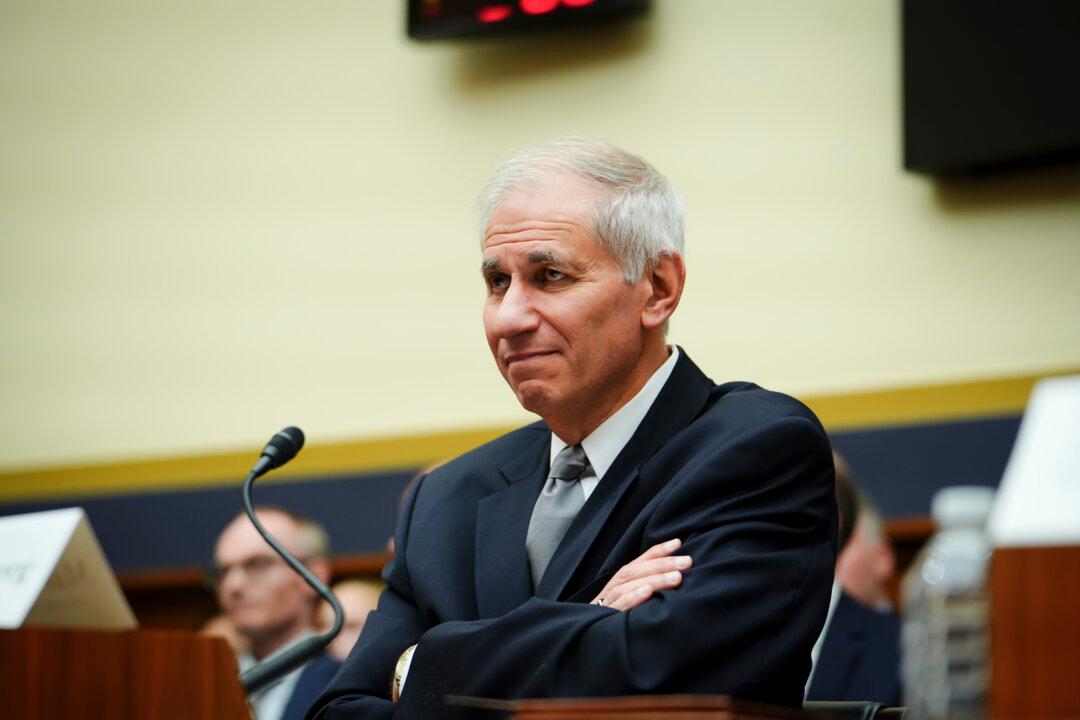Following reports of workplace misconduct and a toxic work environment, the Federal Deposit Insurance Corporation (FDIC) will now face additional inquiries from the agency’s watchdog.
The FDIC’s inspector general’s office confirmed to The Epoch Times that it will perform a special inquiry into “the leadership climate at the FDIC with regard to all forms of harassment and inappropriate behavior.”





